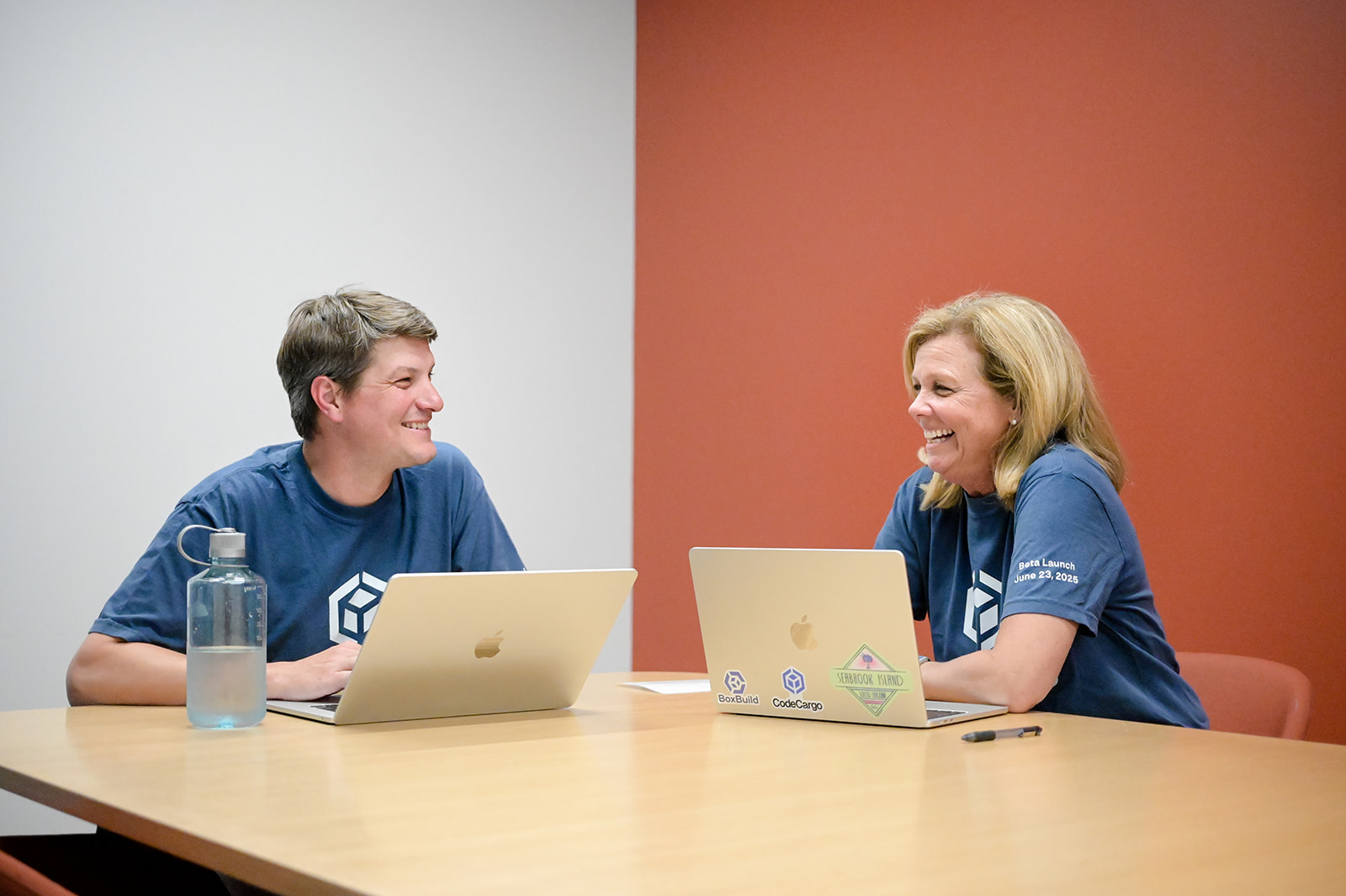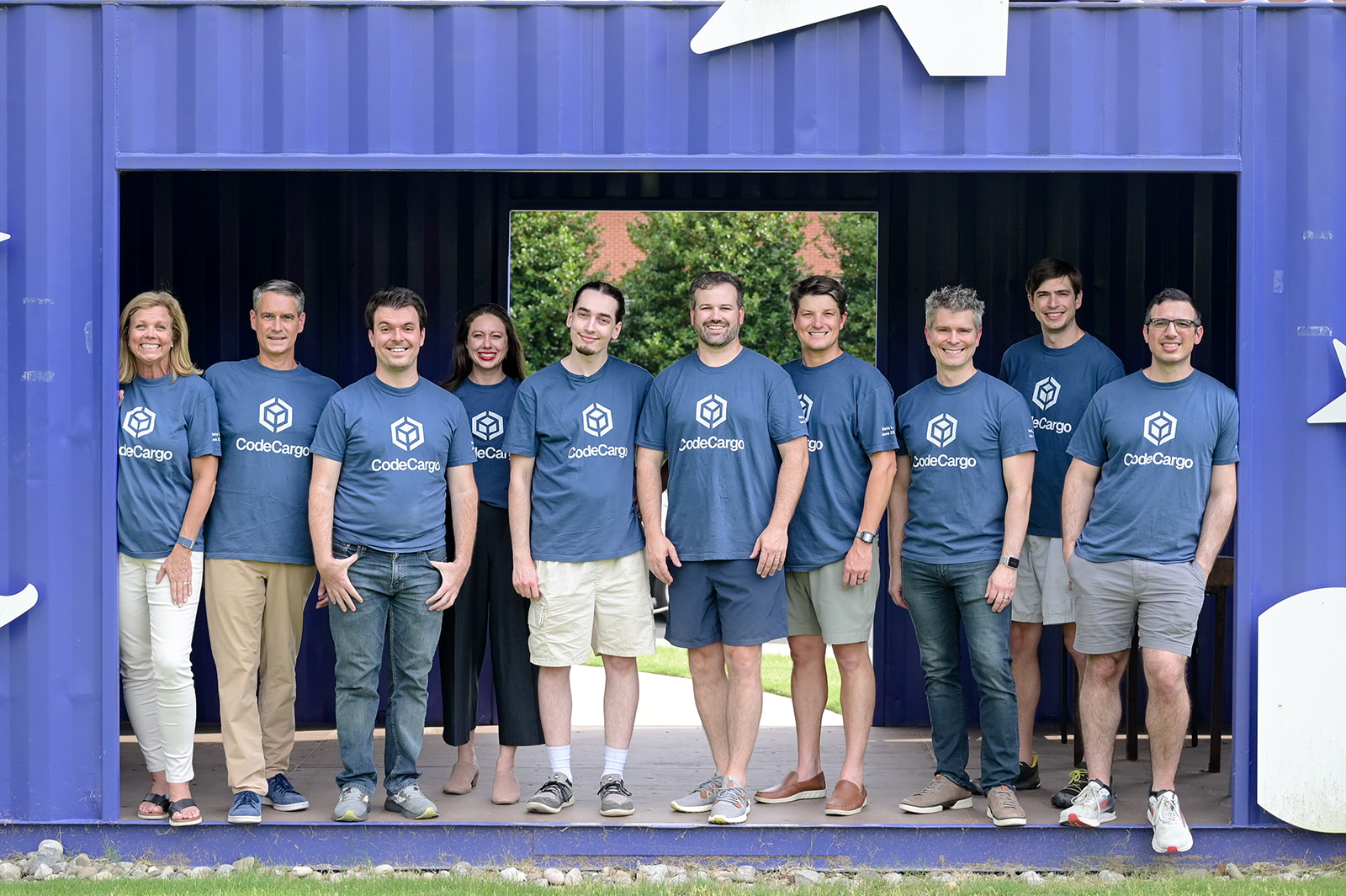Building Culture at Warp Speed is Complicated. Here's how we're doing it.
)
"Company Culture" Should Never be a Dirty Word
July 10, 2025
We always knew that culture was the key to success. But, when you’re trying to build a SaaS company quickly, culture can take a back seat. Our team reaches across the US from Arizona to New York with amazing contributors as far away as Pakistan. Building a cohesive culture across time zones, continents, and countless Slack huddles? That's one of our big challenges. And an important one.
The reality is that rapid growth and remote work create a perfect storm for cultural fragmentation. New hires don’t instantly meet their teammates face-to-face. Inside jokes don't translate over Slack. The casual conversations that build relationships and shared understanding simply don't happen when everyone's working from home. And some people are just starting with that first cup of coffee while others are gearing up for an after-lunch siesta.
But here's what we've learned: considered, cultivated culture beats accidental culture every time. While we can't recreate the serendipity of an office environment, we have to focus on building something intentionally valuable.
Challenges We're Facing
The Time Zone Tango
With team members spread across the US and into South Asia, finding meeting times that work for everyone is like solving a complex puzzle. When it's 9 AM in Phoenix, it's 9 PM in Karachi. This means some of our best engineering talent is just starting their day while others are winding down.
The Onboarding Maze
Bringing new employees into a remote culture requires more than just shipping them a laptop and hoping for the best. Without a buddy at the next desk to show them the way, new hires can feel isolated and struggle to understand not just what we do, but how we do it.
The Communication Complexity
What starts as a simple question in an office becomes a threaded Slack conversation that spans multiple time zones. Context gets lost, tone is misinterpreted, and sometimes important discussions happen in channels that not everyone sees.
The Belonging Gap
Building genuine relationships and a sense of belonging is harder when interactions are over Slack or in scheduled meetings.. The spontaneous conversations that build trust and camaraderie don't happen as naturally in a distributed environment.
Our Approach: Intentional Culture Building

1. Values-First Hiring and Onboarding
We've learned that skills can be taught, but cultural fit is harder to develop. Our hiring process assesses not just technical ability, but alignment with our core values. And we try and bring culture into our onboarding process through:
- One-on-one sessions with multiple team members including leadership
- CodeCargo swag to make them feel “part of the team”
- Open ears for suggestions on how to do things better as we build out this company – after all, we’re only ten months old.
2. Asynchronous Communication Standards
We try to respect our different time zones and lack of face-to-face communication:
- Important information is documented in shared spaces on our Google Drive or pinned in Slack, not just discussed in meetings.
- We’ve added fun Slack channels where we share our personal lives: vacations, pets, hobbies, like we would at the office “water cooler”
- Our team is great about being flexible with time zone availability when we need to, but we also try to respect everyone’s right to personal time and space.
3. Gathering In-Person when possible
- Casual lunches and dinners can go a long way toward creating a feeling of belonging.
- Money saved on office space can be re-allocated towards a travel budget for regional or local meet-ups
- One idea is "Work Weeks" where small teams work together from the same location for a few days. No agenda, just work in the same space, and some team dinners.

The Big Challenge
As a startup, we’re financially constrained. And we’d really like to use our limited resources to build all the incredible features that are on our product roadmap. So, we can’t pour unlimited funds into all the cool ideas that our Director of People and Culture (yes, that’s me) can dream about.
However, we are blessed with an amazing group of Cargonauts who are resourceful, optimistic, and have each other’s backs. And I believe that’s the foundation right there of a great culture.
Culture is something we actively create through intentional choices, consistent practices, and genuine care for each other as human beings, regardless of where we happen to be working from. Really, it’s about respect for each other – all the time, even when we’re tired, worn-out, or the barometric pressure is really low. Because this fascinating conglomeration of humans we’ve assembled is what makes CodeCargo hum. Creating CodeCargo’s culture is one of the most interesting and important parts of this journey, and I’ll be laser-focused on it, every day.
C
CodeCargo Team
The CodeCargo team writes about GitHub workflow automation, developer productivity, and DevOps best practices.
)